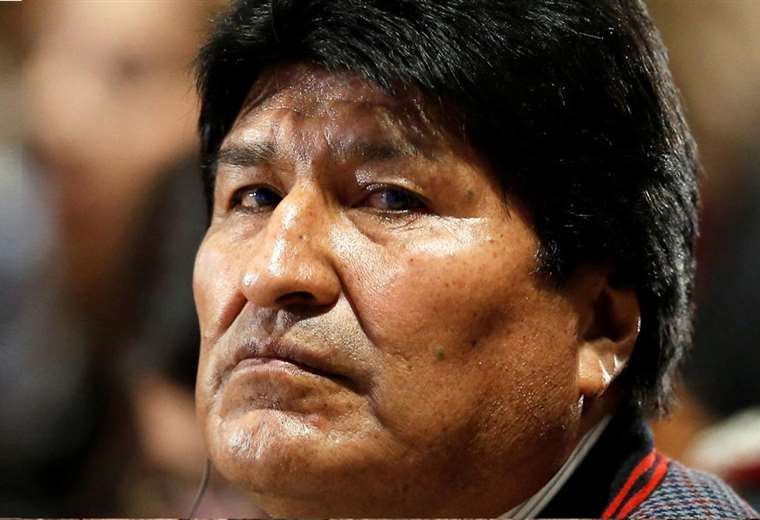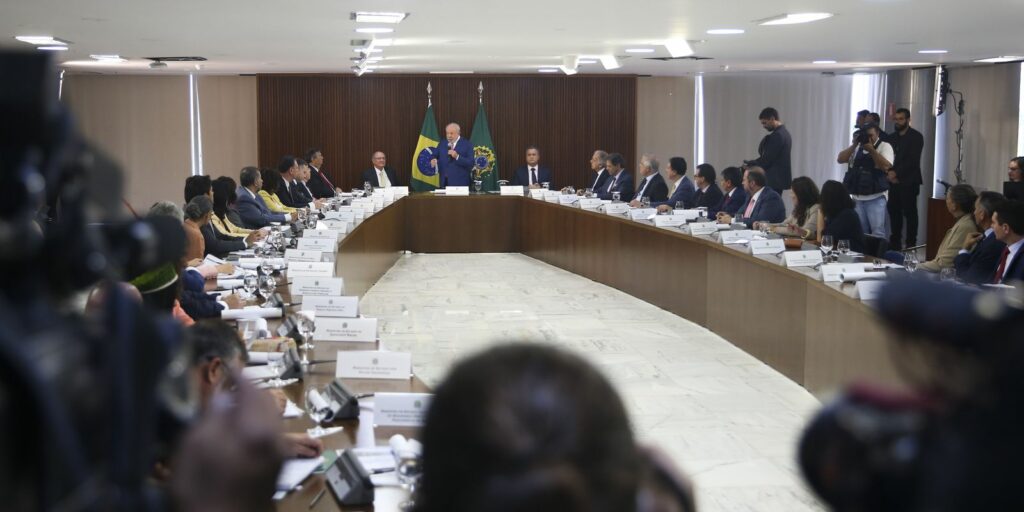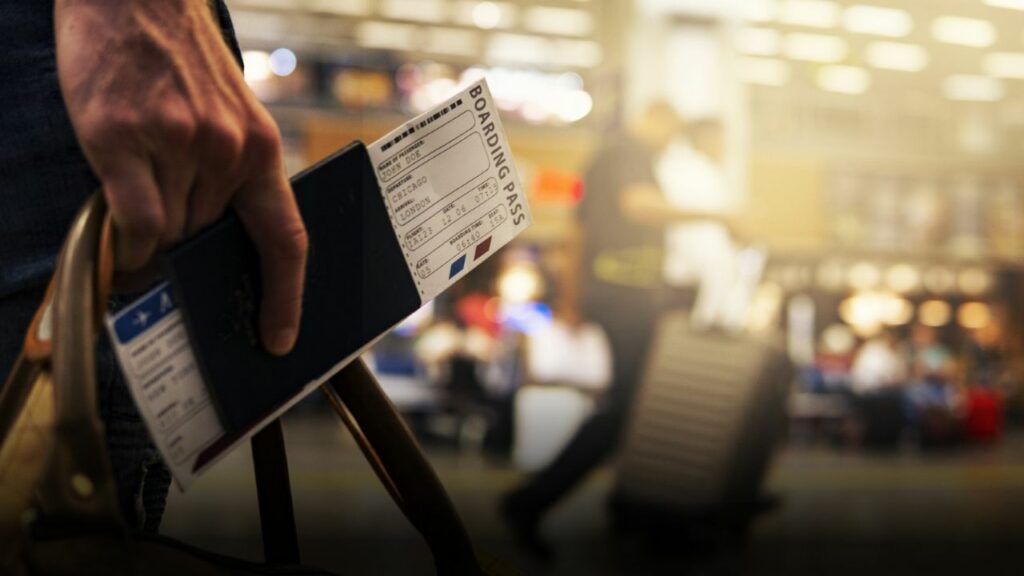January 6, 2023, 20:55 PM
January 6, 2023, 20:55 PM
The criminal complaint filed by congressman Jorge Montoya in Peru exposed the double discourse of Evo Morales who in Bolivia calls for unity and encourages separatism in the neighboring country, analyst Rubén Darío Cuéllar concluded, referring to this case that arose Thursday.
“Here, Evo Morales, fills his mouth calling for national unity. It is necessary to remember how he acted against Santa Cruz under the hypothesis that a separatist process was encouraged. On the other hand, in Peru, the complaint they filed against Morales for encouraging, through some of his operators, what would be a betrayal of the homeland in the country, ”said Cuéllar.
This Thursday (January 5) the statement of congressman Jorge Montoya was released, who filed a criminal complaint against two Peruvian citizens, Germán Alejo Apaza and Vladimir Cerrón, whom added Evo Morales for the crimes of attack against national security and treason.
Montoya is one of nine ultra-conservative parliamentarians who belong to the Popular Renewal party.
The Peruvian Congress has 130 legislators and the presence of this party represents 7% of the total number of members. Congressman José Ernesto Cueto Aservi belongs to this same party, who asked to apprehend Morales.
According to Darío Cuellar, Morales is accused of destabilizing southern Peru and promoting division through some of his operators and according to the information he received from the neighboring country, he was for that reason they promoted the criminal action against him.
“There will be no peace without social justice. The deep Peru demands a fundamental transformation”, paraphrased Evo Morales on Thursday after learning of the lawsuit against him.
In this regard, the Peruvian Congressman stated that the lawsuit has already been filed with the Prosecutor’s Office of his country and that it should be this body that promote the capture of the former Bolivian president.
He externalized his “strangeness” as to why the Foreign Ministry and Migration of his country allowed the former Bolivian president to visit this nation so frequently without the authorities taking note of his activities.
In turn, Cuéllar recalled that the Peruvian authorities can prompt a search through Interpol and also process an international arrest warrant, as in any case. He regretted that in Bolivia there is no rule of law that really prosecutes crime and does not rely on political power.















